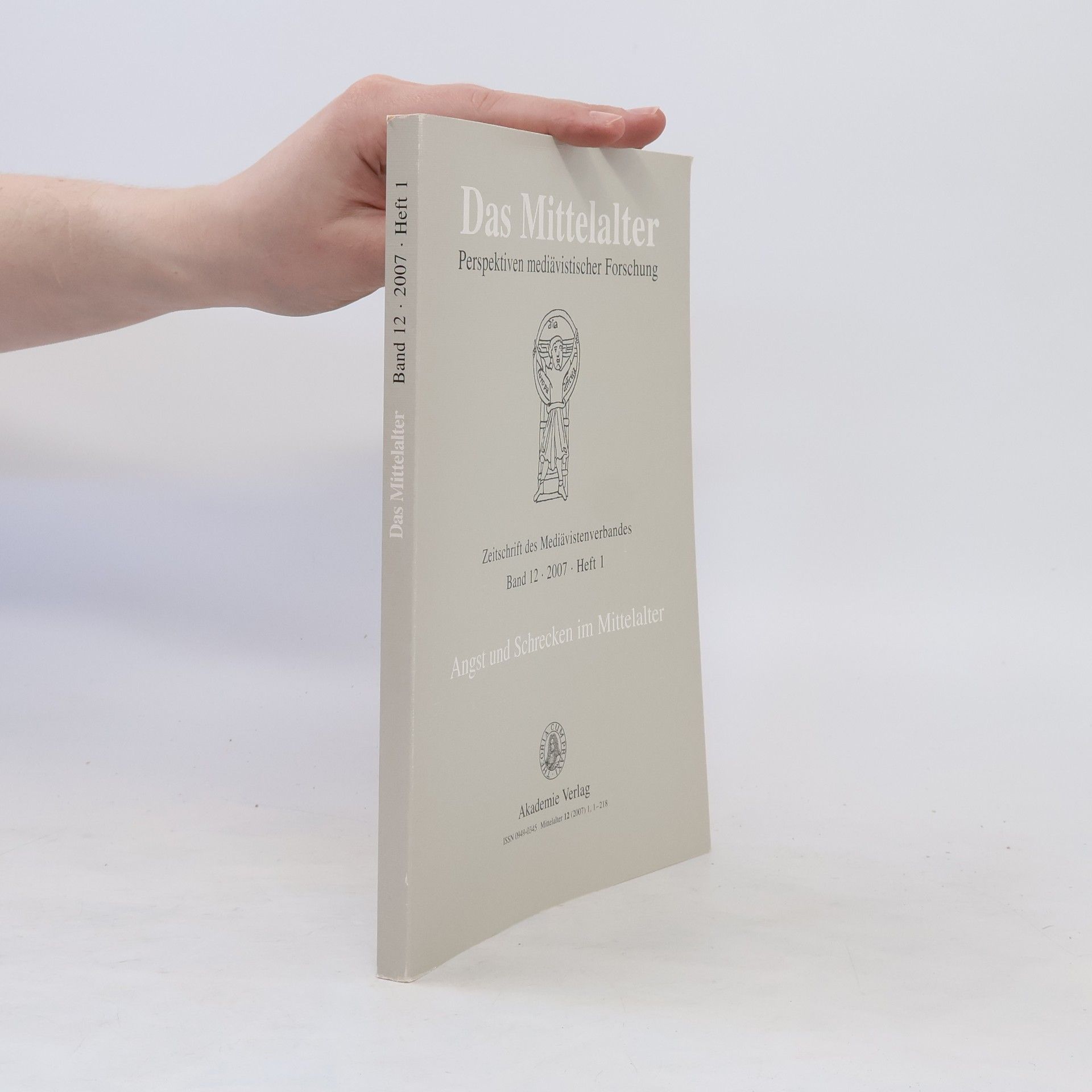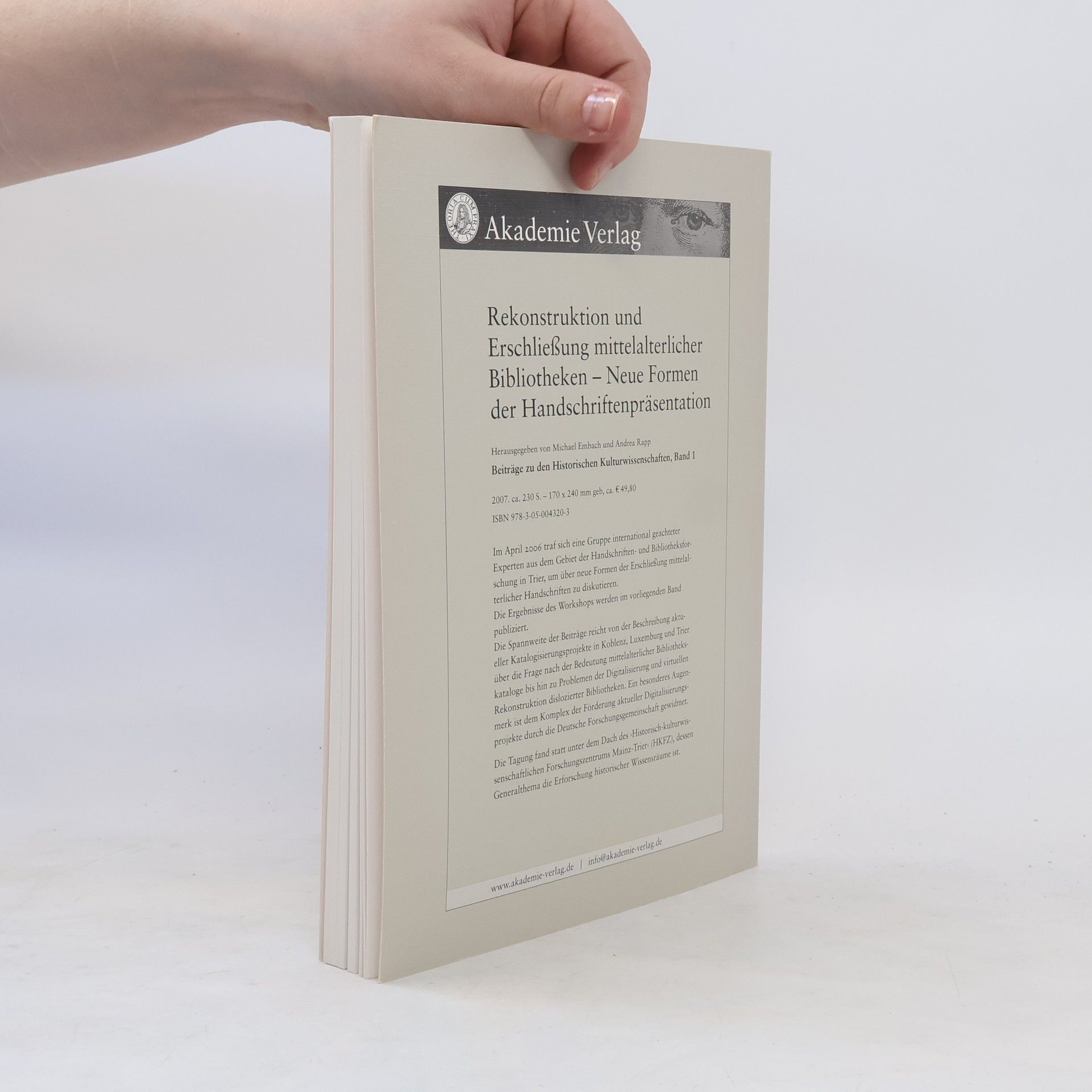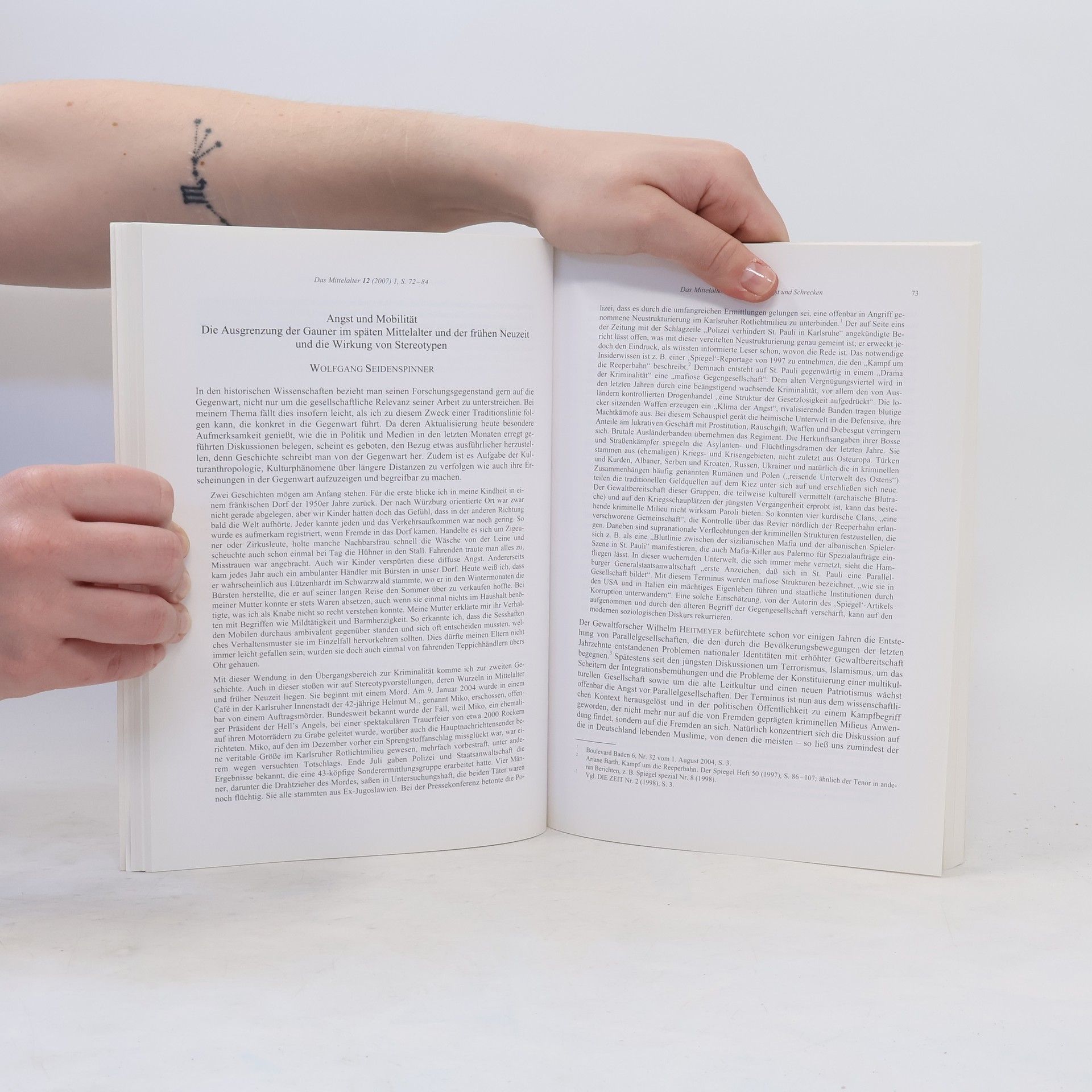Parameters
More about the book
Polydore Vergil of Urbino (ca.1470-1555) fired his readers' imagination with his encyclopaedic book „On the inventors of all things“ ( De inventoribus rerum 1499). His account of the manifold origins of sciences, crafts and social institutions is a praise of man's inventive genius and a prototypical cultural history. „Polydorus“ was a household name for several centuries. Erasmus envied his friend the book's success, Rabelais heaped scorn on it, Catholic censors put it on the index, while Protestants were fascinated with „that papist“ work. In this first in-depth study of the Renaissance 'bestseller', Catherine Atkinson examines not only the Italian humanist's bona fide (mostly ancient) inventors, in books I-III, she enquires into the neglected and misunderstood, yet equally important, books IV-VIII (1521). This early modern text, written on the eve of the Reformation, is devoted to the highly controversial topic of the 'invention' of ecclesiastical institutions. The priest and humanist Vergil, who during his 50 years in England rose in the church hierarchy, is shown to be an acute observer of contemporary religious practice. He employs the inventor question („who was the first to do this?“) as an instrument of historiography and by comparing medieval church rites and institutions with religious practice of antiquity, implicitly questions the singularity of the Christian church.
Book purchase
Inventing inventors in renaissance Europe, Catherine Atkinson
- Language
- Released
- 2007
- product-detail.submit-box.info.binding
- (Hardcover),
- Book condition
- Good
- Price
- €13.65
Payment methods
No one has rated yet.


